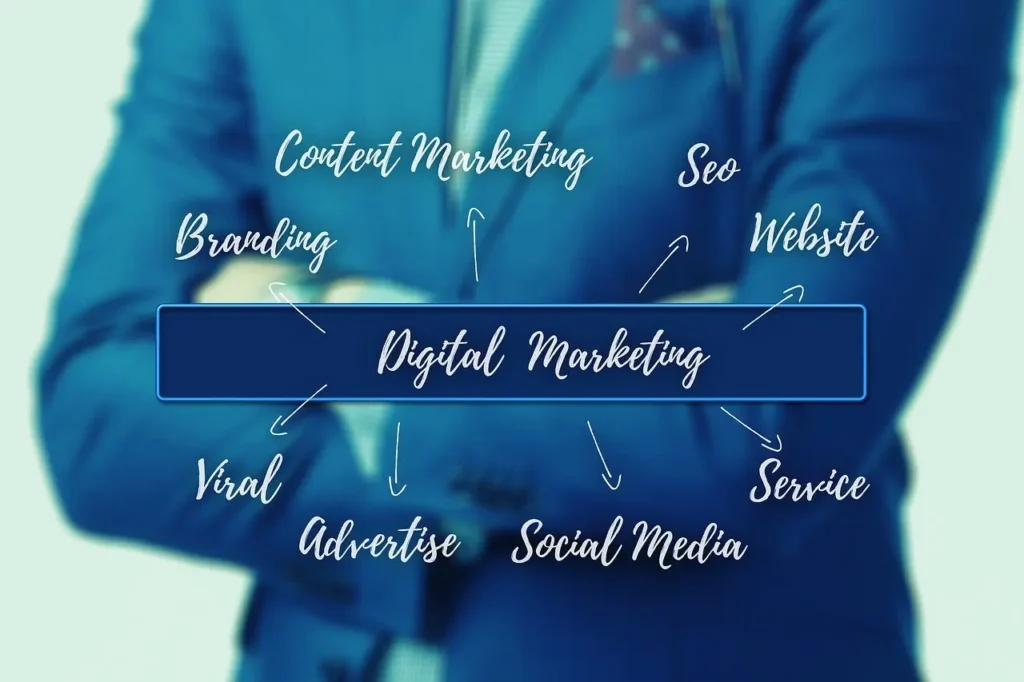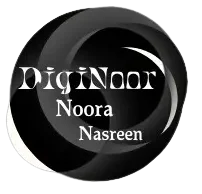10 Digital Marketing Trends , You Can't afford to ignore in 2025

Staying ahead in the rapidly changing world of digital marketing requires adjusting to new technologies and changing consumer habits. Businesses just cannot ignore some of the themes that have emerged as game-changers as we navigate into 2025. This is a thorough examination of the digital marketing trends that are influencing tactics this year.
1. Scalable Personalization Driven by AI
Artificial intelligence is now able to provide highly customized experiences, going beyond simple automation. These days, brands use AI to evaluate enormous volumes of customer data and provide personalized content, product suggestions, and advertising messages that speak to each individual. Large-scale customisation is made possible by this technology without sacrificing effectiveness.
2. Optimization of Voice Search
Voice search optimization is now required since voice-activated assistants are growing commonplace in homes and on mobile devices. Conversational keywords and inquiries that mimic natural speech patterns rather than typing are being used into SEO efforts by marketers.
3. Immersion Experiences with AR and VR
Beyond gaming, augmented and virtual reality have developed into effective marketing tools. Companies are developing immersive experiences that let customers “try before they buy,” whether that means visually evaluating things or picturing furniture in their homes. These encounters increase participation and lessen hesitancy to buy.
4. Marketing with an emphasis on sustainability
Environmental awareness is now expected rather than a trend. Customers are more likely to support companies that show a sincere interest in sustainability. Eco-friendly procedures, ethical sourcing, and corporate social responsibility programs are now prominent features of successful digital marketing campaigns.
5. Advertising That Puts Privacy First
Marketers are shifting to privacy-first advertising approaches in response to tighter data privacy laws and the phase-out of third-party cookies. Contextual advertising, privacy-compliant targeting technologies, and first-party data collecting are becoming crucial elements of successful digital campaigns.
6. Integration of Social Commerce
The distinction between e-commerce and social media is becoming increasingly hazy. These days, platforms allow consumers to shop seamlessly without ever leaving their feeds. Marketers are taking advantage of the ease of making direct purchases through social media platforms, such as Instagram Shops and TikTok’s buying services.
7. Content Strategies Focused on Videos
On all platforms, user interaction is dominated by short-form video content. Companies are spending a lot of money producing valuable, real video content that is mobile-friendly. Product premieres, behind-the-scenes looks, and real-time customer engagement have all found success with live broadcasting.
8. Automation of Omnichannel Marketing
Regardless of the way they engage with your brand, they anticipate consistent experiences. Coherent customer journeys are now possible because to sophisticated marketing automation systems that facilitate smooth coordination across channels, including email, social media, websites, mobile apps, and physical places.
9. AI Chatbots and Conversational Marketing
Engaging in real-time has become essential for attracting and keeping customers. Chatbots and conversational marketing tools driven by AI offer real-time answers to questions, tailored suggestions, and round-the-clock assistance, greatly enhancing user experience and conversion rates.
10. Block Chain for Transparency and Trust
By tackling concerns of trust and transparency, blockchain technology is transforming digital marketing. Blockchain technologies help organizations gain confidence with increasingly doubtful customers by authenticating product origins, eliminating fraud, and validating ad delivery.
In conclusion
The 2025 digital marketing environment necessitates technological sophistication, authenticity, and flexibility. In a market that is becoming more and more competitive, companies who follow these trends will not only survive but also prosper. The secret to success is striking a balance between innovation and real value creation, utilizing new methods and technologies for their capacity to create deep relationships with audiences rather than for their novelty. The most effective marketers going forward will be those who see these developments as interrelated components of a larger, customer-centric strategy rather than as distinct techniques.

